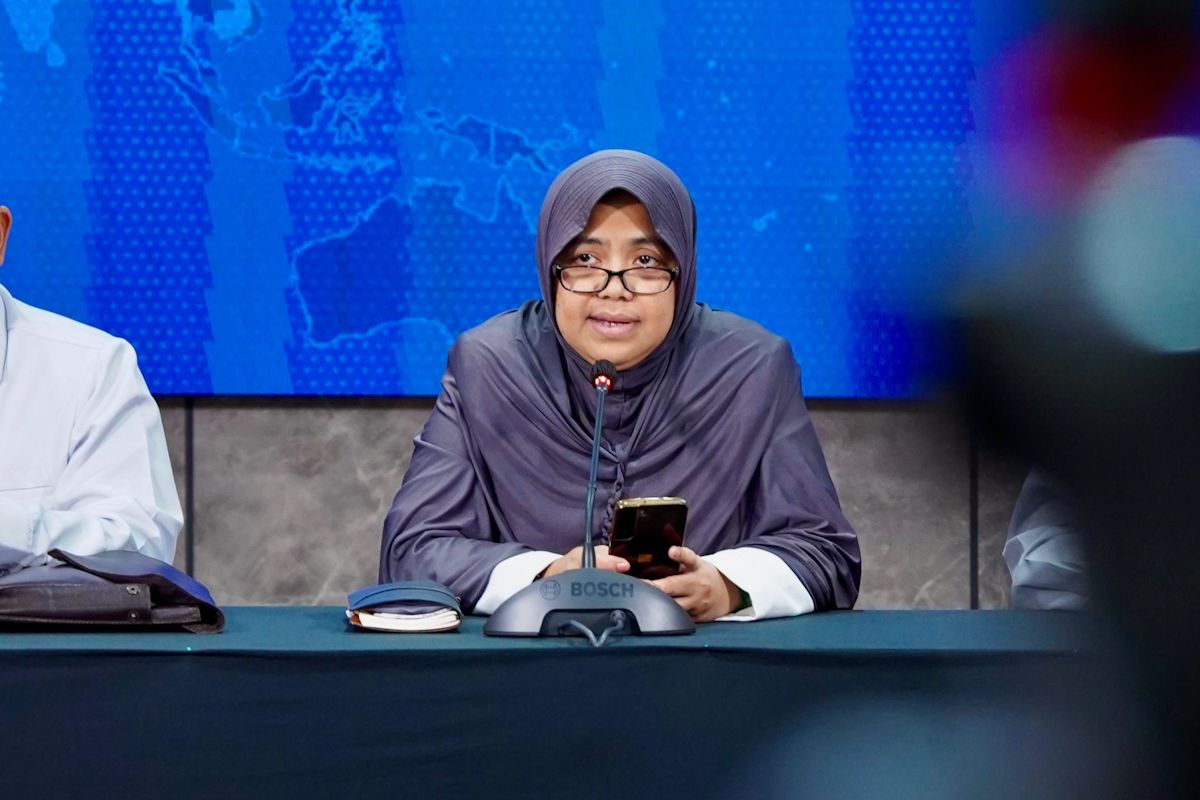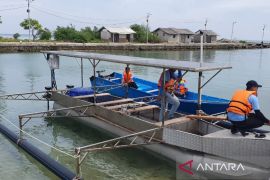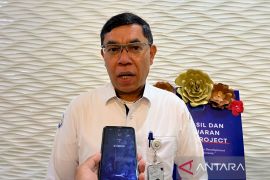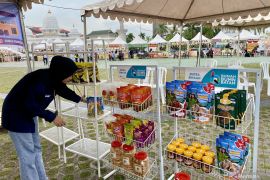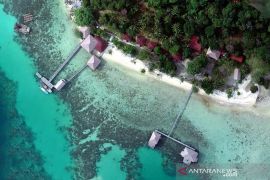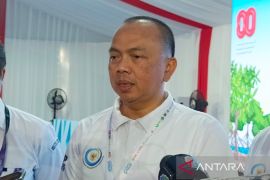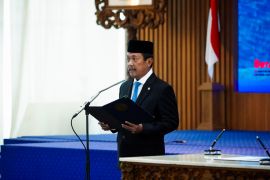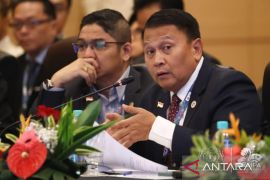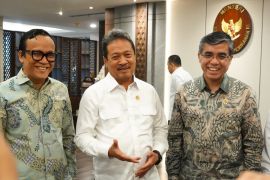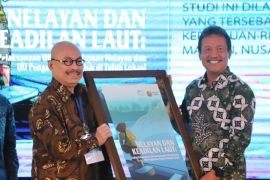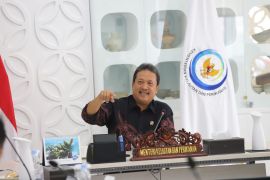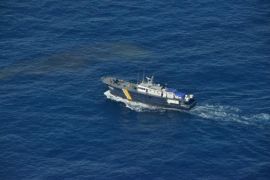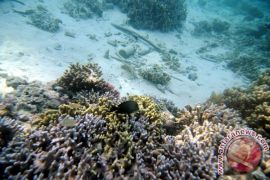According to the ministry’s director general of marine spatial planning, Kartika Listriana, the regulation includes inter-regional zoning plans, national strategic area zoning plans and specific national strategic area zoning plans.
"Marine spatial planning is the basis for all utilization of space in coastal and marine areas in order to create harmony between economic development as well as preservation of coastal and marine ecosystems," Listriana said in her statement on Sunday.
In addition to the commitment regarding the zoning plan regulation, Indonesia conveyed other commitment including strengthening blue carbon management through a scheme to quickly calculate the blue carbon value of seagrass beds in 20 marine conservation areas.
The country has been also initiating the Blue Carbon Network and Database, strengthening collaboration and cooperation in international forums as well as formulating blue carbon management policies to guidelines for calculating its value.
“This year, we are still working to establish 200,000 hectares of new marine conservation areas. Then, we will increase the effectiveness score of marine conservation area management by an average of 5 percent from the 2024 score," she explained.
The Ministry of Marine Affairs and Fisheries has implemented a pilot project for the development of a seaweed cultivation village in Wakatobi. Similar villages will be developed in Maluku and Rote Ndao to support the implementation of sustainable fisheries.
“We will also build an ocean monitoring system and 15 marine protected areas by 2027," Listriana noted.
Meanwhile, at the APEC Ministerial Meeting, the Indonesian delegation emphasized the importance of regional cooperation to realize sustainable marine and fisheries governance based on the principles of a consistent blue economy.
Through this approach, Indonesia encourages marine conservation, strengthening sustainable cultivation, coastal surveillance, and tackling marine debris by involving fishermen and improving the quality of human resources in the marine sector.
Expert Staff to the Minister for Ecology and Marine Resources, Hendra Yusran Siry, stated that regional collaboration is needed to overcome climate change, marine pollution, IUU Fishing as well as strengthen digital infrastructure and sustainable marine spatial planning.
He explained that the implementation of the blue economy in Indonesia prioritizes local wisdom, gender, small fisheries, community participation and extension workers to build a sustainable and inclusive fisheries industry from upstream to downstream.
Indonesian Minister of Marine Affairs and Fisheries, Sakti Wahyu Trenggono, has emphasized the importance of marine spatial planning to maintain the sustainability of the ecosystem, social life of the community and economic growth.
Related news: Govt designs model to fully realize potential of conservation areas
Related news: Indonesia develops alternative funding to support marine conservation
Translator: Muhammad Harianto, Yashinta Difa
Editor: Primayanti
Copyright © ANTARA 2025
